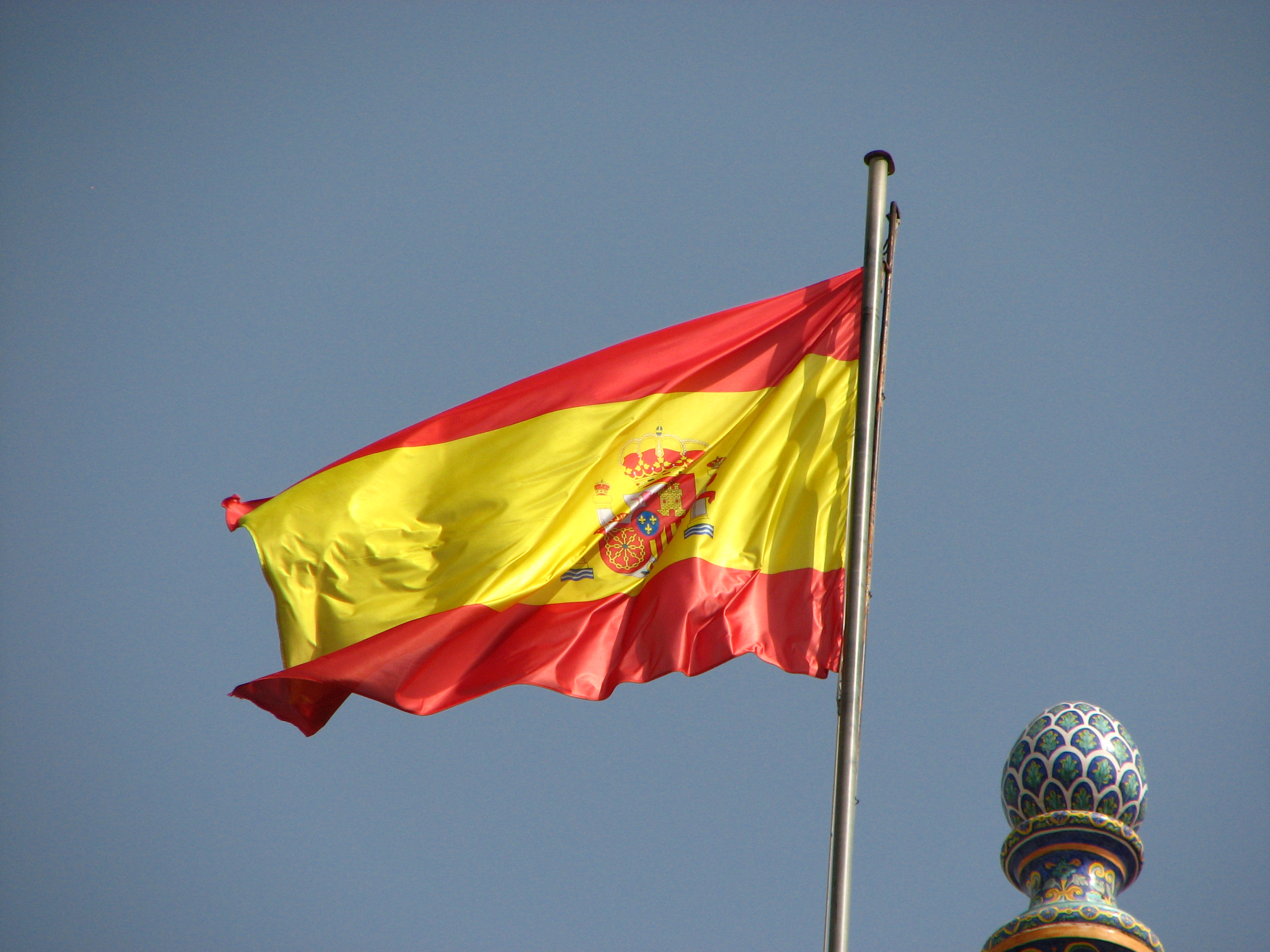Development of a long-term budget, which is aimed at reducing one of the largest state deficits in Europe, was suspended after inconclusive elections in the country failed to form a government.
Voting on the budget will be a key test for vulnerable administration of Prime Minister Mariano Rajoy and his ability to enlist support of other parties in a country where the government rarely comes to a consensus.
The "People's Party" of Rakhoi, which has 137 out of 350 seats in the parliament, is negotiating with other parties, including centrists in the Canary Islands. The party is trying to get 176 votes needed to pass the law on the budget.
"We are confident that we will receive the necessary parliamentary support", Montoro told reporters at an event in Madrid.
At the end of the last week, Rahoy said that the Cabinet will approve the budget plans on this Friday, before they will be put to the vote in Parliament. It is not yet clear when the voting will take place.
According to the European Commission’s forecasts, politicians should agree to cut budget expenditures by 0.8% of total production in 2017 and 2018, if Spain fulfills its financial goals, analysts of Capital Economics believe.
The Spanish economy has emerged from the crisis recession, becoming one of the fastest growing economies of the Eurozone, albeit with the help of external factors such as low interest rates and oil prices.
Nevertheless, Spain must push the budget to implement plans to reduce its deficit to the level of 3.1% of the output agreed with Brussels, with a projected 4.6% in 2016.
Last year, the country managed to avoid the European Union’s fines after exceeding the deficit target set by Brussels for 2015. Spain was given another two years to reduce the deficit to below 3% until 2018.
Inflation in Spain in February accelerated and surpassed the target level of the European Central Bank on price stabilization due to growth of utility bills, writes Bloomberg.
Consumer prices calculated using the EU-harmonized method rose by 3% in February from a year earlier, according to the National Bureau of Statistics in Madrid. Compared with January, prices fell by 0.3% due to lower costs for electricity.
Against the backdrop of falling prices over the past three years, when Spain tried to cope with the deepest recession in its history, now the fourth-largest economy in the Eurozone is facing a rapid inflation rate that surpassed the ECB's target of just under 2%. Economists attribute this to rise in oil and energy prices due to bad weather conditions.
Spanish energy minister Alvaro Nadal said last month that consumers should get used to more expensive energy sources, noting that electricity bills can grow by about 100 euros ($ 106) this year.
Minister of Economy Luis de Guindos said that the increase is temporary, noting that inflation will fall to just below 2% in the II quarter of this year.
source: reuters.com, bloomberg.com
Voting on the budget will be a key test for vulnerable administration of Prime Minister Mariano Rajoy and his ability to enlist support of other parties in a country where the government rarely comes to a consensus.
The "People's Party" of Rakhoi, which has 137 out of 350 seats in the parliament, is negotiating with other parties, including centrists in the Canary Islands. The party is trying to get 176 votes needed to pass the law on the budget.
"We are confident that we will receive the necessary parliamentary support", Montoro told reporters at an event in Madrid.
At the end of the last week, Rahoy said that the Cabinet will approve the budget plans on this Friday, before they will be put to the vote in Parliament. It is not yet clear when the voting will take place.
According to the European Commission’s forecasts, politicians should agree to cut budget expenditures by 0.8% of total production in 2017 and 2018, if Spain fulfills its financial goals, analysts of Capital Economics believe.
The Spanish economy has emerged from the crisis recession, becoming one of the fastest growing economies of the Eurozone, albeit with the help of external factors such as low interest rates and oil prices.
Nevertheless, Spain must push the budget to implement plans to reduce its deficit to the level of 3.1% of the output agreed with Brussels, with a projected 4.6% in 2016.
Last year, the country managed to avoid the European Union’s fines after exceeding the deficit target set by Brussels for 2015. Spain was given another two years to reduce the deficit to below 3% until 2018.
Inflation in Spain in February accelerated and surpassed the target level of the European Central Bank on price stabilization due to growth of utility bills, writes Bloomberg.
Consumer prices calculated using the EU-harmonized method rose by 3% in February from a year earlier, according to the National Bureau of Statistics in Madrid. Compared with January, prices fell by 0.3% due to lower costs for electricity.
Against the backdrop of falling prices over the past three years, when Spain tried to cope with the deepest recession in its history, now the fourth-largest economy in the Eurozone is facing a rapid inflation rate that surpassed the ECB's target of just under 2%. Economists attribute this to rise in oil and energy prices due to bad weather conditions.
Spanish energy minister Alvaro Nadal said last month that consumers should get used to more expensive energy sources, noting that electricity bills can grow by about 100 euros ($ 106) this year.
Minister of Economy Luis de Guindos said that the increase is temporary, noting that inflation will fall to just below 2% in the II quarter of this year.
source: reuters.com, bloomberg.com





